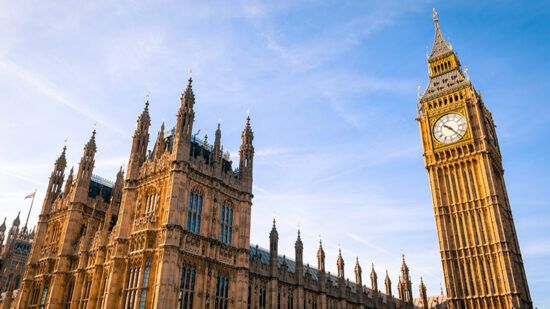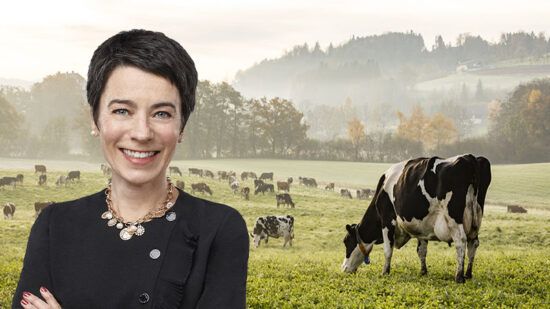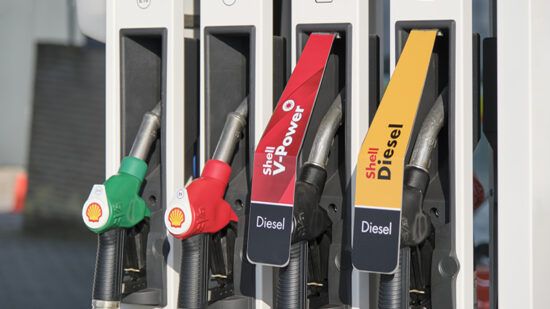The UK Business Climate Hub, in partnership with Planet Mark, has launched a national net zero business census designed to establish a definitive benchmark for the private sector’s contribution to the UK’s 2050 net-zero target.
Delivered alongside a coalition of leading business associations, media outlets and corporates – including the Confederation of British Industry, Bankers for Net Zero and Climate Action – results “will provide invaluable insights into the nation’s net-zero journey for policymakers, investors and business leaders”.
Through a simple survey that is available to all UK-based businesses of any size, the census aims to establish how UK businesses are progressing with net zero targets; how many businesses are measuring their carbon footprint; and the actions businesses are taking to reduce this footprint. The data will then be broken down into specific categories based on region, sector and business size.
The first annual census is open for participation until 30 June, with the results expected in September ahead of COP29.
Commenting on the launch, Edward Lockhart, convener of the Broadway Initiative – who manage UK Business Climate Hub – said: “The Net Zero Census will provide an annual benchmark for the business community on our journey to a low carbon economy. It will give Government, business leaders and the financial community a richer dataset than we’ve ever had before to take stock of progress and what more needs to be done. It will give us the tools to understand the impact of the Business Climate Hub and how we should target resources to enable smaller businesses to decarbonise and provide the low-carbon solutions of the future.”
Answering a question on whether participants would have to provide validation for their data, Planet Mark’s director of policy and partnerships, Andrew Griffiths, said the emphasis of the survey is on simplicity to attract as many people to take part as possible.
“It’s a maturity assessment/priority study. So, for example, we ask broad questions like how much of a priority is advancing net zero for a business over the next 12 months, and how much of a priority is advancing wider sustainability measures? We decided not to ask specific questions on things like carbon footprints, because we might get all sorts of wildly inaccurate figures, and that wouldn’t be very helpful.”
Additionally, the coalition is commissioning a polling company to avoid the possibility of ending up with a “naturally skewed sample” from purely voluntary data collection.
“Whoever chooses to respond, they’re likely the people doing something, versus those who’re not doing anything and therefore avoid engaging with the survey. So, the polling company is going to push this census out to their panel, which will be representative of the UK as a whole, to hopefully make sure of a balance. We can then assess differences between the two samples, and gauge how much of a skew there is in the public data,” continued Griffiths.
“Hopefully, with a large volume of respondents, then that will help make sure that we achieve a balance.”
Responding to a PA Future question about whether the coalition is considering launching a census on biodiversity impact – given that a recent Green Finance Institute report suggested UK GDP could drop by 12% due to environmental degradation – Griffiths added that there were no plans at present, despite an acknowledgment that biodiversity and nature are “incredibly important”.
“While it’s certainly something that could be considered in the future – either by incorporating it into this census or setting it up as a separate entity – the challenge that we currently face is around how to measure progress, particularly for small organisations. How do you come up with a consistent, reliable and robust way of measuring and demonstrating how nature-positive a business is over time, while doing so in a way that’s comparable? So, while we’re not specifically working on it yet, it’s a topic that is very much on all of our minds.”








